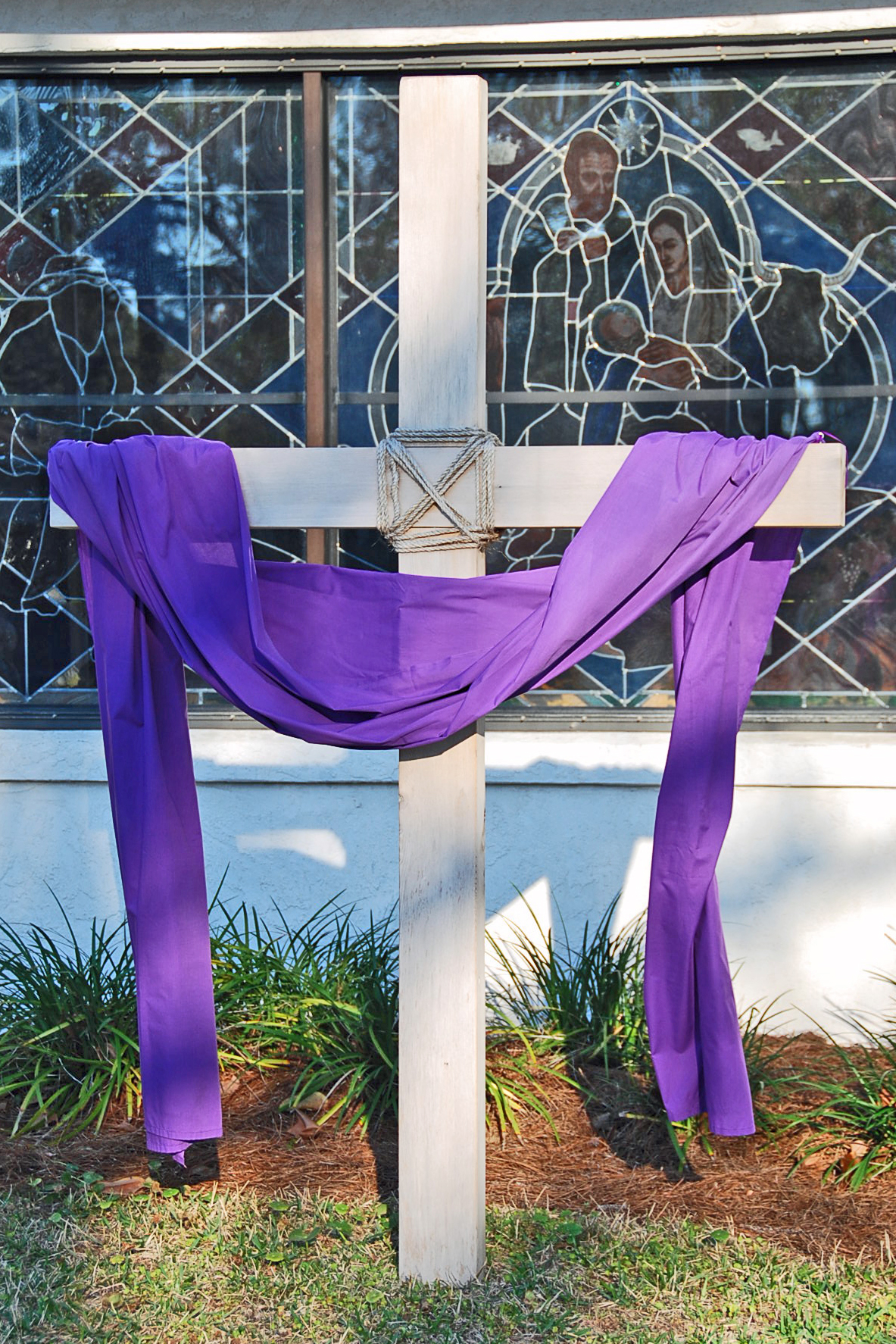Dear friends, do not be surprised at the fiery ordeal that has come on you to test you, as though something strange were happening to you. But rejoice inasmuch as you participate in the sufferings of Christ, so that you may be overjoyed when his glory is revealed.
1 Peter 4.12-13
I have never really been depressed, at least not clinically. I say that not to distance myself from the stigma of depression, but to validate the pain that those who suffer a clinical depression must endure. They hurt far more than I do in my low moments of self-absorption and gloom, and I don’t want to cheapen their pain by trying to say I understand something I really don’t.
I will limit my thoughts on depression as a desert, then, to those of an outsider. Two of my very close friends have suffered for a long time with depression. I have watched them struggle, fight, and refuse to give in, only to give up when their strength and their resolve eventually failed. From the outside they looked like desert-walkers–aimless and desperate. They knew they needed to get out of that place, but it seemed like everywhere they turned there was only more sand. They cried and fell down, then picked themselves back up, determinedly marching toward a spot on the horizon that would never move, then fell down again.
Depression is a desert.
Friendship in that desert is a mirage. So is medicine. So, sadly, is faith. These things appear to offer hope, but they evaporate when clutched at.
I remember talking with one of these friends, who said he was so alone, asking him how he could feel that way. We spoke every day, deeply, and we spent dozens of hours together every week. But though I reached out to him, he could never actually receive the friendship I offered. I was an illusion to him in the desert time, and it made us both sad. We were cheated.
My other friend ditched his meds, claiming God had healed him of his depression. Faith was meant to be his new prescription. And for a while, faith was effective. Or so we thought. Later we found out his body was overcompensating for the dosage of his medication, and when he stopped taking it he became manic. What looked like healing was only a chemical response to persistent stimuli. What a letdown. The art projects he had made during that time, photographic kerygma he called them (after the Greek work for preaching), still remain on my hard drive. He wants me to delete them because he feels like they were fraudulent, because there was no miracle. I refuse, because I think the miracle was having hope and fighting anyway.
I still do.
My heart goes out to those who suffer with depression, but I still have hope, and I pray it into you as well. Take courage. God didn’t heal my friends (one died from an unrelated illness, the other is still on meds), but God rescued them both from real dangers in the midst of their respective ordeals. They overcame their fears about depression, and they overcame their fears about being labeled as faithless, wayward, crazy people. They beat the stigma, and they learned how to live and be fathers and friends and husbands in the desert. They learned that life doesn’t have to end in the desert; you just have to learn how to survive there.
You will too. You’ll get through this nomadic season. You, too, have friends around you – and faith within you – and though you likely cannot believe they are anything other than a mirage or a useless hallucination, take what heart you can from knowing they are real and you are not alone.
The same God who said these words to His people long ago is speaking them to you now: I am the Lord, who brought you out of the wilderness…open your mouth and I will fill it with good things.
This post is from Seasons of Christian Spirituality.
fossores
Related posts
Categories
Category Cloud
Tag Cloud
Recent Posts
- Victors and Victims November 6, 2018
- 3 Hacks for Happiness October 29, 2018
- Hope Against Death September 20, 2018
- The Shape Of The Cross September 19, 2018


